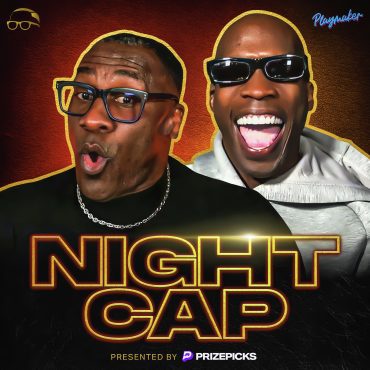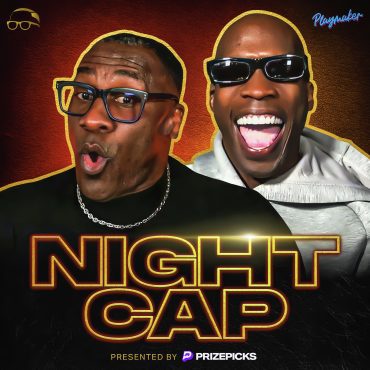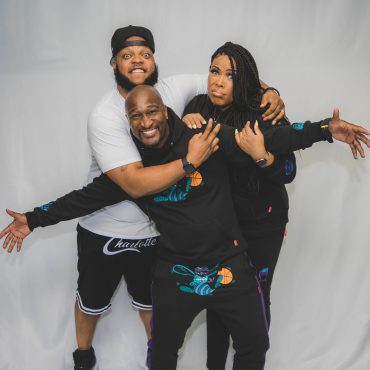
Hot Trash
Visiting a loved one in prison is both emotionally intense and constrained by countless rules – from how much PDA is too much PDA, to what kind of candy you […]
 play_arrow
play_arrow
What the quarter-zip craze tells us about Blackness and respectability podcast
 play_arrow
play_arrow
Best of NFL News Part 1: Keon Coleman DRAGGED by Bills Owner, Cowboys HIRE new DC podcast
 play_arrow
play_arrow
 play_arrow
play_arrow
Deebo & Joe – Mike McCarthy to the Steelers? Baker FIRES OFF at Stefanski, CJ Stroud goes VIRAL podcast
 play_arrow
play_arrow
Morning Maddhouse: Friday Maddhouse Recap (01/23/26) podcast
 play_arrow
play_arrow
Louise Hay: “If You’re Gonna Listen to People, Listen to The Winners.” podcast
 play_arrow
play_arrow
 play_arrow
play_arrow
 play_arrow
play_arrow
 play_arrow
play_arrow
All Aboard The Hot Mess Express: Love During Lock Up Premiere Recap podcast

It’s been a month since an historic winter storm hit Jackson, Mississippi, leaving tens of thousands of residents without clean water, or without any water at all. Most of those residents were Black. Four weeks later, much of the capital city still has to boil water to drink.
Eighty-two percent of the residents in Jackson are Black and nearly a third live in poverty. Over the past several decades, the city has not had enough money to fix its dilapidated water system.
State lawmakers, whose leadership has always been white, are debating how to address the water crisis before the end of the legislative session in just a few weeks; historically, state leaders have insisted that Jackson’s water problems are the city’s fault, and the city’s to fix.
Many residents, including Jackson’s mayor, say race and racism play a big part in the struggle over the decades-long water crisis in Jackson. If the city were majority-white, they say, this problem would have been fixed a long time ago.
Host Trymaine Lee speaks with West Jackson resident Cassandra Welchlin, executive director of Mississippi Black Women’s Roundtable and an advocate for Black women and girls in the state.
And Mayor Chokwe Antar Lumumba discusses the problem from his vantage point as the man in charge of the water crisis and the chief advocate for more money from the state to fix the crumbling system.
For a transcript, please visit https://www.msnbc.com/intoamerica.
Thoughts? Feedback? Story ideas? Write to us at intoamerica@nbcuni.com
Further Reading and Listening

Visiting a loved one in prison is both emotionally intense and constrained by countless rules – from how much PDA is too much PDA, to what kind of candy you […]











Copyright Blackpodcasting 2025